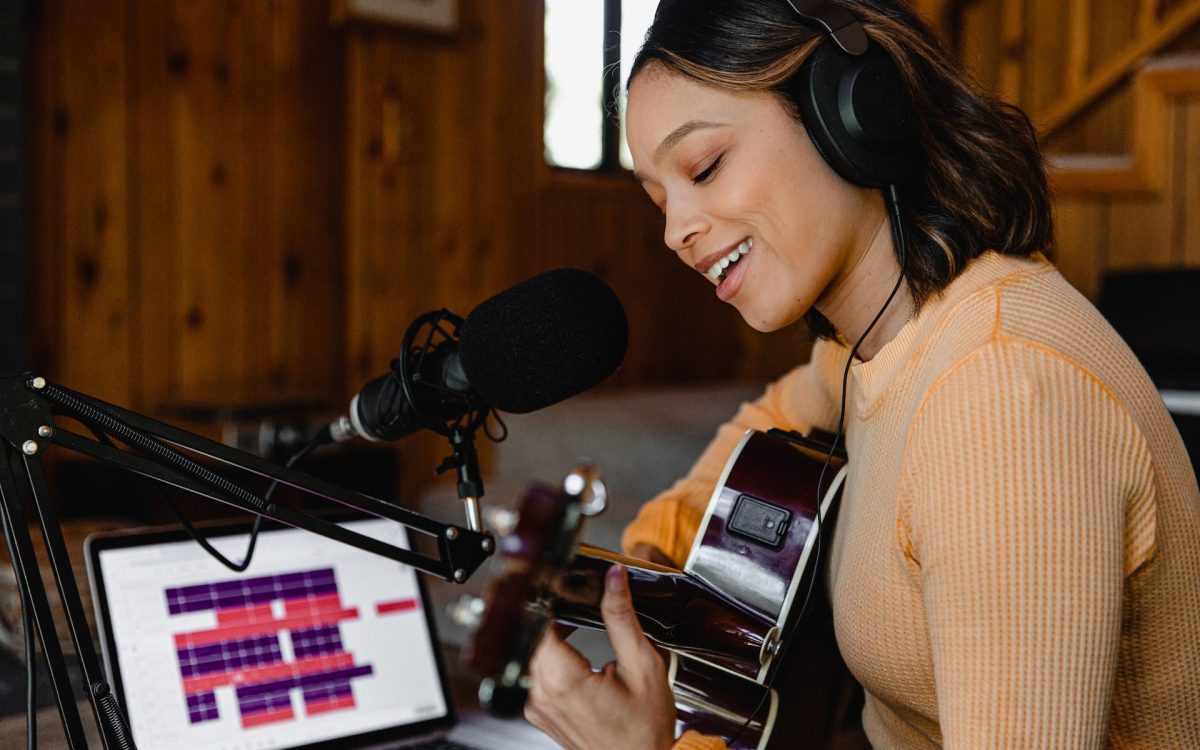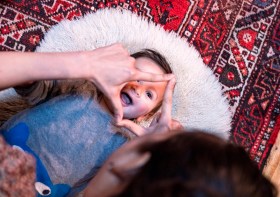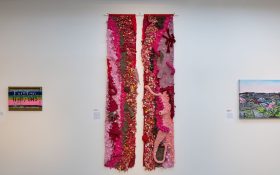The Australian Music Centre (AMC) launched its First Nations Culture Policy for Represented Artists, to come into effect from 1 June 2023 for all musical works catalogued with the AMC.
The Policy aims to ‘provide safeguards for Aboriginal and Torres Strait Islander people’s cultural intellectual property rights in Australian music,’ says the media statement.
It will entail the acknowledgement of Aboriginal and Torres Strait Islander cultural intellectual property, languages and knowledges used in all works within the AMC Collection.
This includes seeking permission from representative authorities, written acknowledgment of sources, cultural sensitivity statements and approach use of terminology.
The Policy was developed over 18 months with 17 individuals involved in consultation, including Australian First Nations composers, performers and industry experts from the Australia Council for the Arts, Moogahlin Performing Arts, and the National Aboriginal and Torres Strait Islander Music Office (NATSIMO).
The AMC draws upon the principles outlined in the United Nations Declaration on the Rights of Indigenous Peoples (UNDRIP) and Indigenous Cultural and Intellectual Property (ICIP) rights for creating the cultural protocols.
Read: Protecting Aboriginal and Torres Strait Islander visual arts and crafts
According to AMC’s website, ‘The AMC houses and curates the most comprehensive catalogue of Australian music, a living collection of scores, recordings, research papers, teaching kits, classroom materials and aggregated media. The collection includes more than 30,000 items by approximately 850 Australian artists.’
Necessary conditions to meet First Nations cultural intellectual property rights
The Policy highlights that Australian copyright laws creates challenges for Aboriginal and Torres Strait Islander cultural intellectual property rights as it does not recognise any communal rights.
Indigenous people’s intellectual property is closely linked to land, heritage and environment in a manner that is much broader than the scope of conventional western notions of intellectual property.
Thus, permission and acknowledgement feature strongly in the AMC’s First Nations Cultural Policy.
All works submitted to the AMC must comply with the following conditions:
- Permission from the representative authority: Aboriginal and Torres Strait Islander people’s cultural intellectual property (including language, artwork, stories, songs, writings etc, and including translations and transcriptions of Aboriginal and Torres Strait Islander peoples’ cultural intellectual property) can only be included in a submitted work if permission has been sought and granted by the Aboriginal or Torres Strait Islander community, Traditional Owners, Aboriginal Land (and Sea) Council, individual or organisation in control of the respective Indigenous Cultural Intellectual Property.
- Acknowledgement of sources: A written acknowledgement of the Aboriginal or Torres Strait Islander community, Traditional Owners, Aboriginal Land (and Sea) Council, individual or organisation in control of the respective cultural knowledge must be included in the score, recording, program notes and/or preliminary text, in accordance with the right to ‘full and proper attribution or naming of the community connected with the Indigenous Cultural Intellectual Property’.
- Cultural sensitivity notice: Where necessary, a cultural sensitivity notice should be included in the score, recording, program notes and/or preliminary text, if the work includes reference to images, voices or names of deceased Aboriginal and Torres Strait Islander individuals.
- Appropriate use of terminology: All text throughout the work, whether it is in the title, subtitle, program notes, performance instructions or performed text (i.e. narration, lyrics) must adhere to accepted terminology practices where possible.
- Rights allocation: Where necessary, allocation of rights for ICIP used within a work will be assigned in the form of royalties to appropriate persons or community.
The Policy states that represented artists are responsible for obtaining the correct permissions and making sure they are speaking with the right people.
The time and commitment it could take to obtain agreement for the use of ICIP should also be taken into consideration.
In most cases, written consent is required, which may include cultural clearances, licence agreements and memoranda of understanding (MOUs). Other written documents or media, such as a emailed letters of support or oral consent can be considered.
The Policy also points to resources including the Australia Council’s Protocols for using First Nations Cultural and Intellectual Property in the Arts, Reconciliation Australia’s Good practice guide: Demonstrating inclusive and respectful language and Arts Law Centre of Australia’s ICIP information sheet.
Works submitted to the AMC that do not meet the conditions of these cultural protocols will not be accepted into the AMC’s collections, but Represented Artists are invited to resubmit when all requirements have been met.
Find AMC’s First Nations Cultural Policy for Represented Artists document here.





